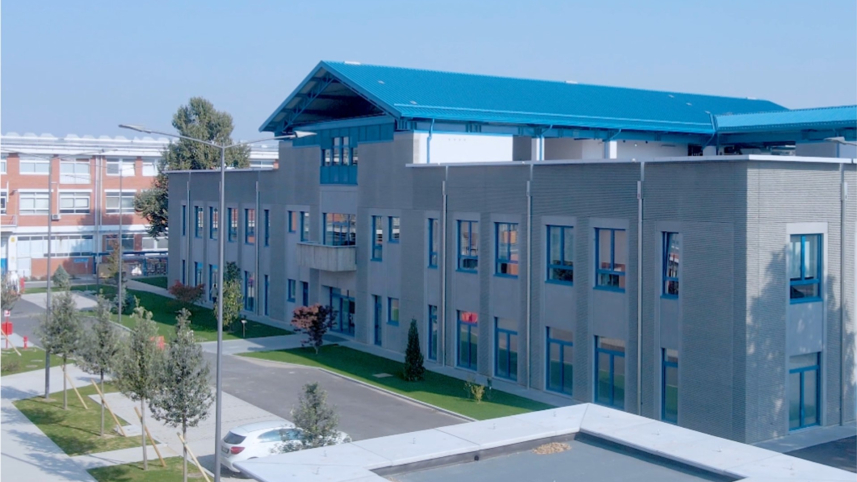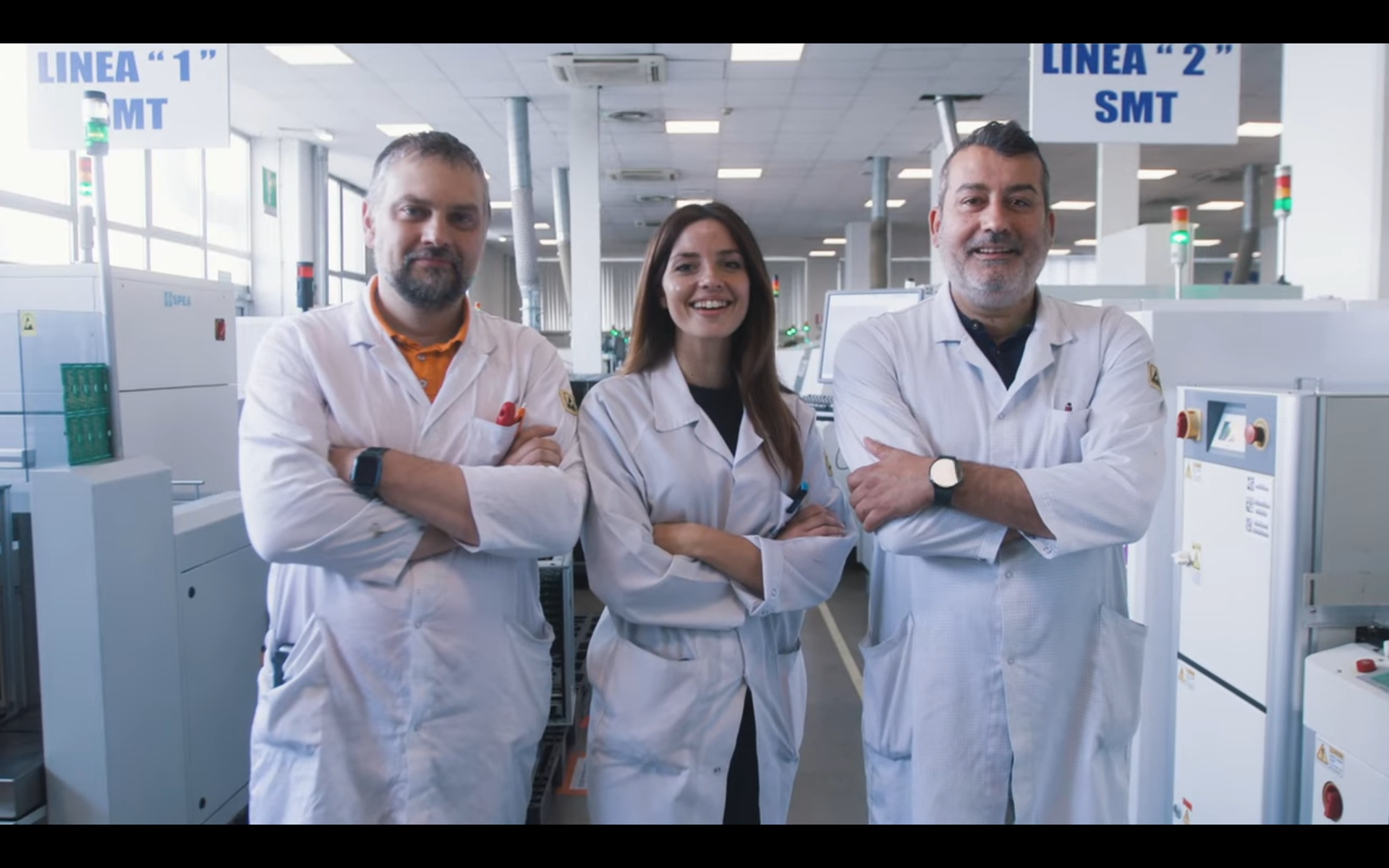
Bitron Grugliasco, interview with Alberto De Ros, plant manager
How has the Bitron Grugliasco plant evolved over the years in terms of production and technologies?
I would start by saying that Grugliasco was the plant that started the electronics business within the Bitron Group. As a pilot project, we had to face a new market, whose main challenge was to be competitive and innovative at the same time. In the beginning, we started with the production of traditional electronic components, which required many manual processes, which by their nature were less controllable and manageable. As time went by, however, we realized a problem on two fronts: on the one hand, the market demanded more and more compact and interconnected technologies, and on the other hand, our geo-localization no longer allowed us to sustain a business so tied to the production of components that required a lot of manual work. We are very proud to be part of an Italian company, but our country is a 'non-low-cost country', which means that the cost of labor is very high compared to others. Having components that require a lot of manual work did not allow us to be competitive. This fact also gave us the boost to improve our lines, which converted manual steps into automatic ones, introducing control and information tracking systems directly on the production line and with real-time monitoring of all quantitative-qualitative characteristics of the process. The enormous amount of data produced in this way was then managed through data-analysis platforms that made available KPIs and fundamental information for process management at all operational and management levels.
Last but not least, the introduction of flexible assembly and testing lines. In the past, the relationship between production line and product was one to one, meaning that one line was capable of producing one specific component. With the introduction of the flexible lines, enhanced with state-of-the-art software, we are able to use a single production line for an infinity of different products, and with the flexibility required even by low-volume/high-mix production, always guaranteeing the control of each component.
Which market trends have a significant impact on the plant's current and future operations?
The main markets for Bitron Grugliasco so far were automotive and energy. The latter term refers not only to energy meters, but also to distributors, such as electric vehicle charging stations. In these two markets, Bitron Grugliasco has been able to adapt and specialize by keeping the development and production phases in-house. Manufacturers are increasingly inclined to outsource production and development processes. I can proudly say that Bitron Grugliasco has been able to anticipate this trend, moving from an identity of component manufacturer to one of solution developer. Whereas before we produced electronic boards, now we supply entire and complex systems such as charging stations, for which we develop the software in-house in a tailor-made manner for the customer. This last evolution has also generated the condition in Bitron Grugliasco to access to markets different from the hystorical ones, for example like Industrial, Medical, IoT, opening new opportunities to the Italian Bitron Electronics Plant to renew the product portfolio offered by Grugliasco. Moreover, the possibility to offer “solutions” has opened Bitron Grugliasco to develop not only “products” but also “service” businesses: One good example of this is the set up of a specific Charging Station Service Organization to support the service and maintenance of the Charging equipment produced by Bitron directly on the field.
What initiatives have been implemented to improve the environmental sustainability of the plant?
Certainly, working in the energy and electronics market has helped us to strengthen our sustainable commitment. Our customers often make sustainability, in terms of clean energy and recycling of materials, their strong point and therefore their supply chain, including their suppliers, must also respect these principles. This has greatly boosted us in taking virtuous actions in the production of components such as using materials, especially plastics, that are recycled, harnessing clean energy from solar panels that have been installed, and developing eco-design for all our products. Later, we went further, we made these practices our own and they became a standard way of working. Today, we produce with these principles in all our products, even when we are not explicitly requested to do so by our customers.
What strategies do you follow to motivate and involve employees in the realisation of company goals?
I strongly believe that to motivate and engage our people, three factors must be central to our strategy: the importance of teamwork, the use of the method and the LEAN philosophy. Teamwork is a necessary condition for a productive plant, and therefore all its members must be enabled to give their best in every situation. This is translated and achieved by sharing information. We have invested a lot in internal communication, because we realized that most of the problems we had were caused, and therefore avoidable, by a lack of circulation of information. We have daily meetings with all the departmental functions to share KPIs and targets, then we hold weekly meetings between the first levels to present results, problems and news; finally, every month we meet at management level to update them on the general progress of the period. Finally, every quarter, we have motivational meetings with all the workers in the plant to give information about the market and our company. I will conclude by talking about the LEAN philosophy. We are a company, and we must do business, so the basis of what I call the LEAN philosophy is a simple truth: the most important thing for a company is what the customer needs. This concept guides every decision we take, because I am convinced that in order to do business, what is important for our customers must necessarily become important for Bitron.
